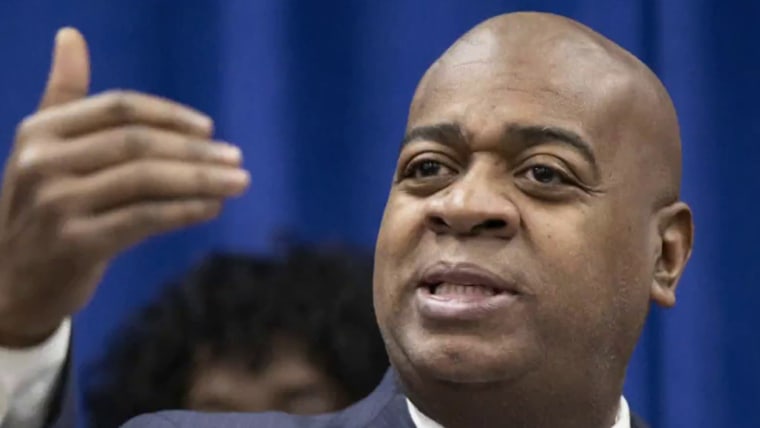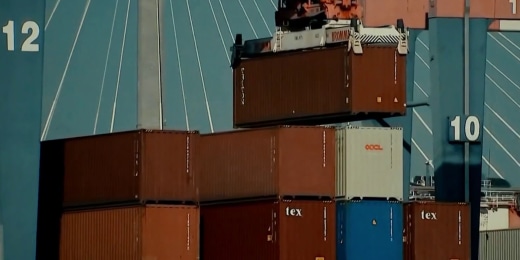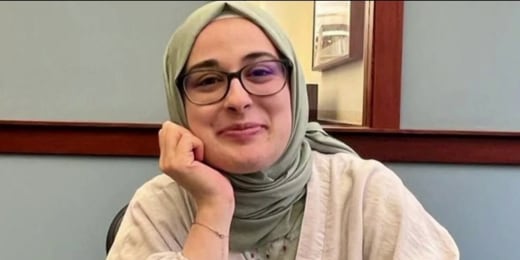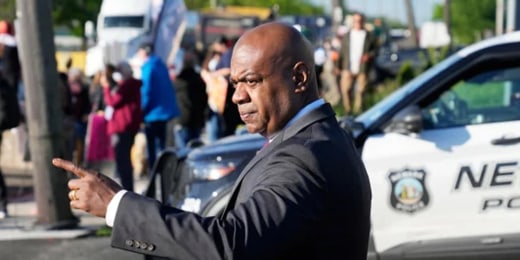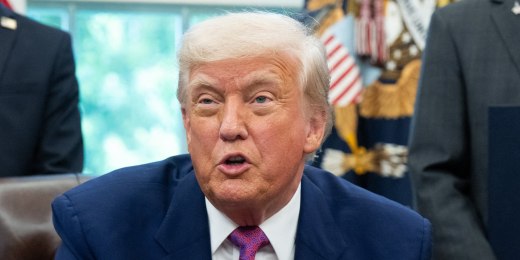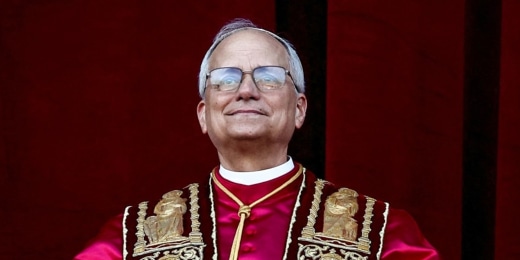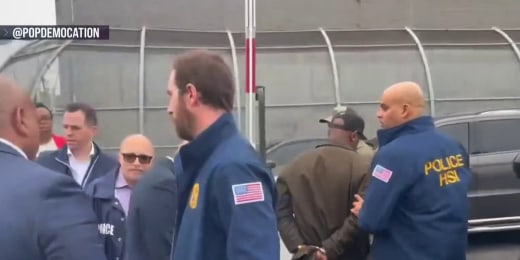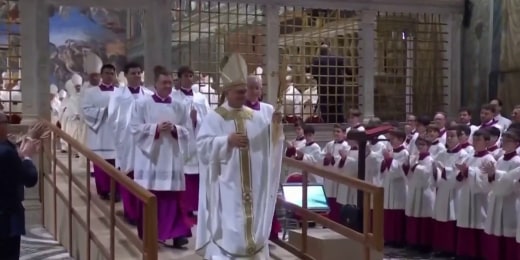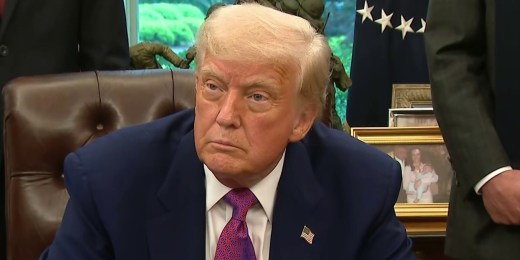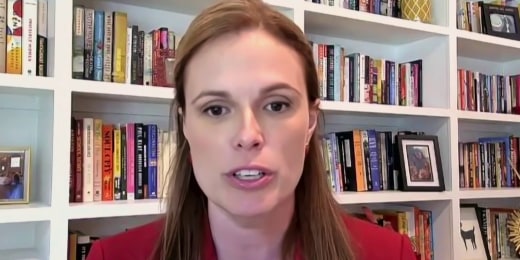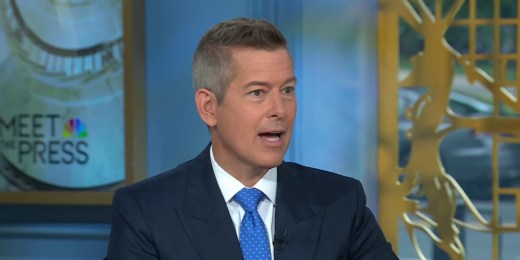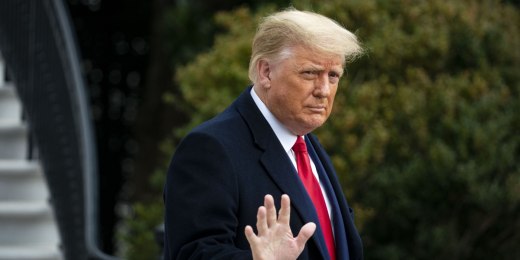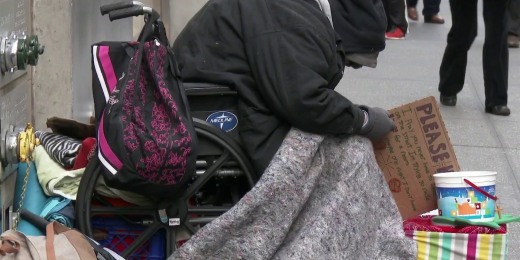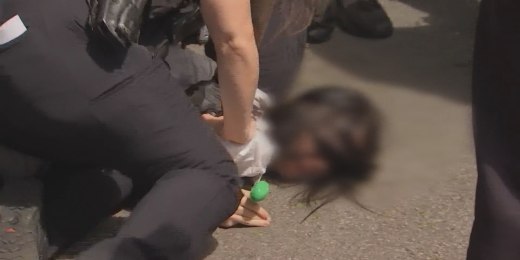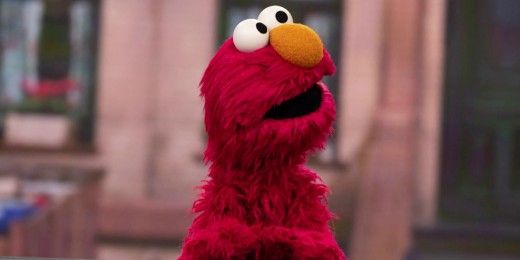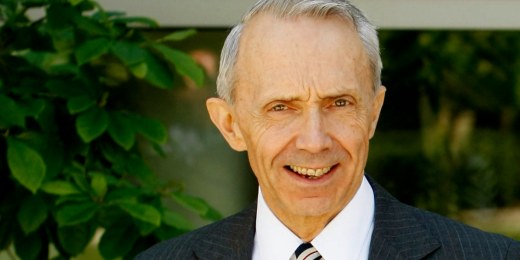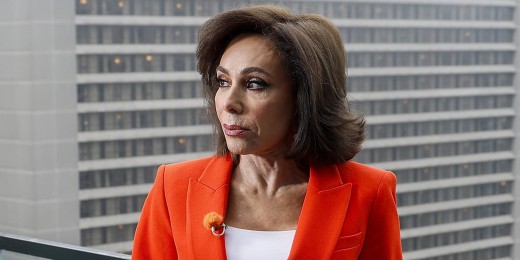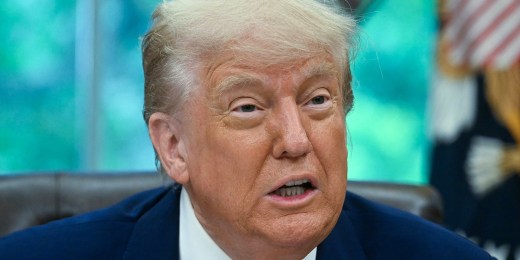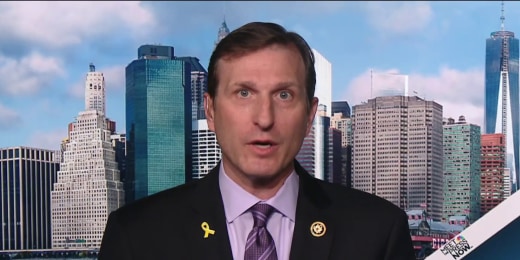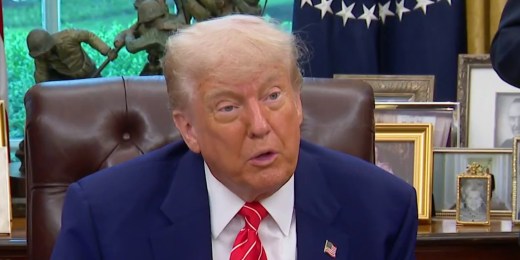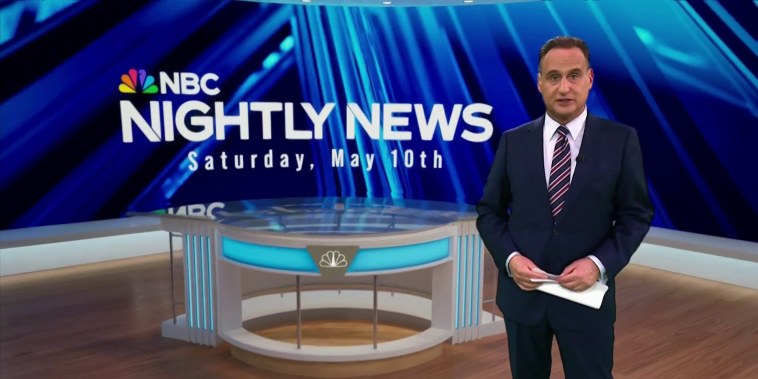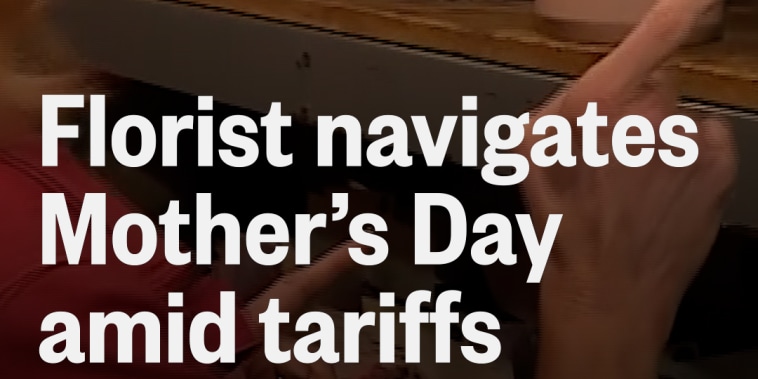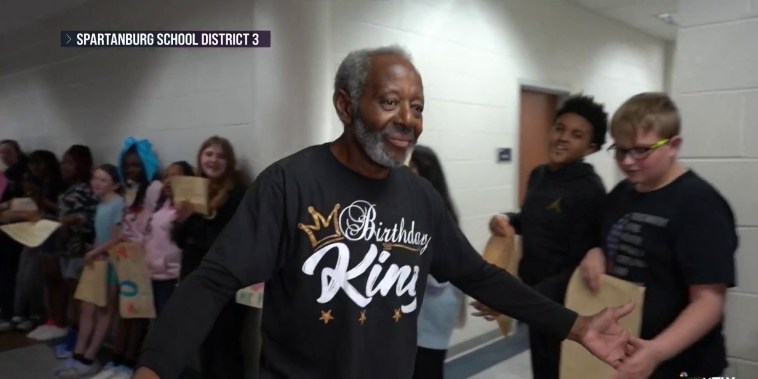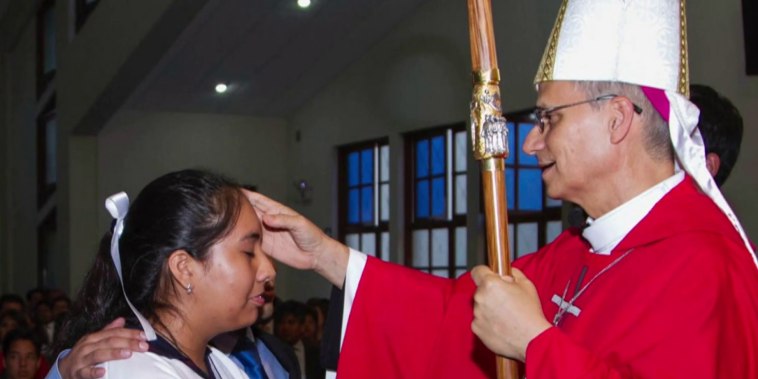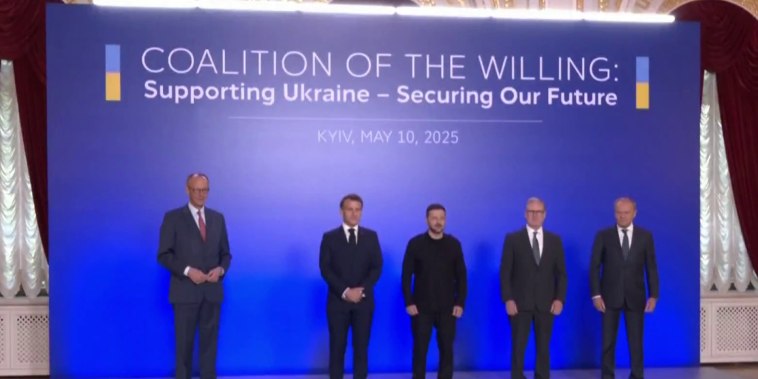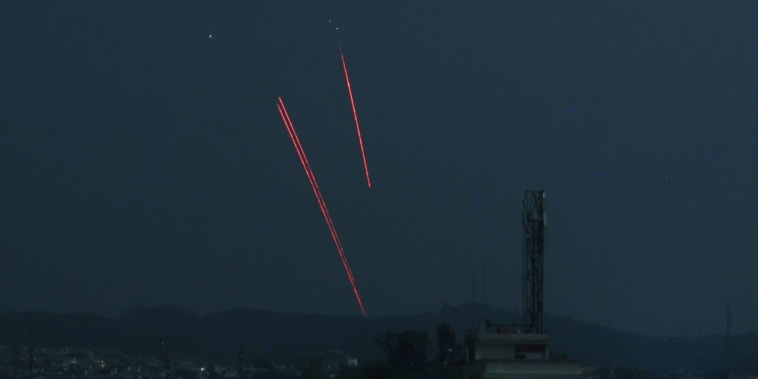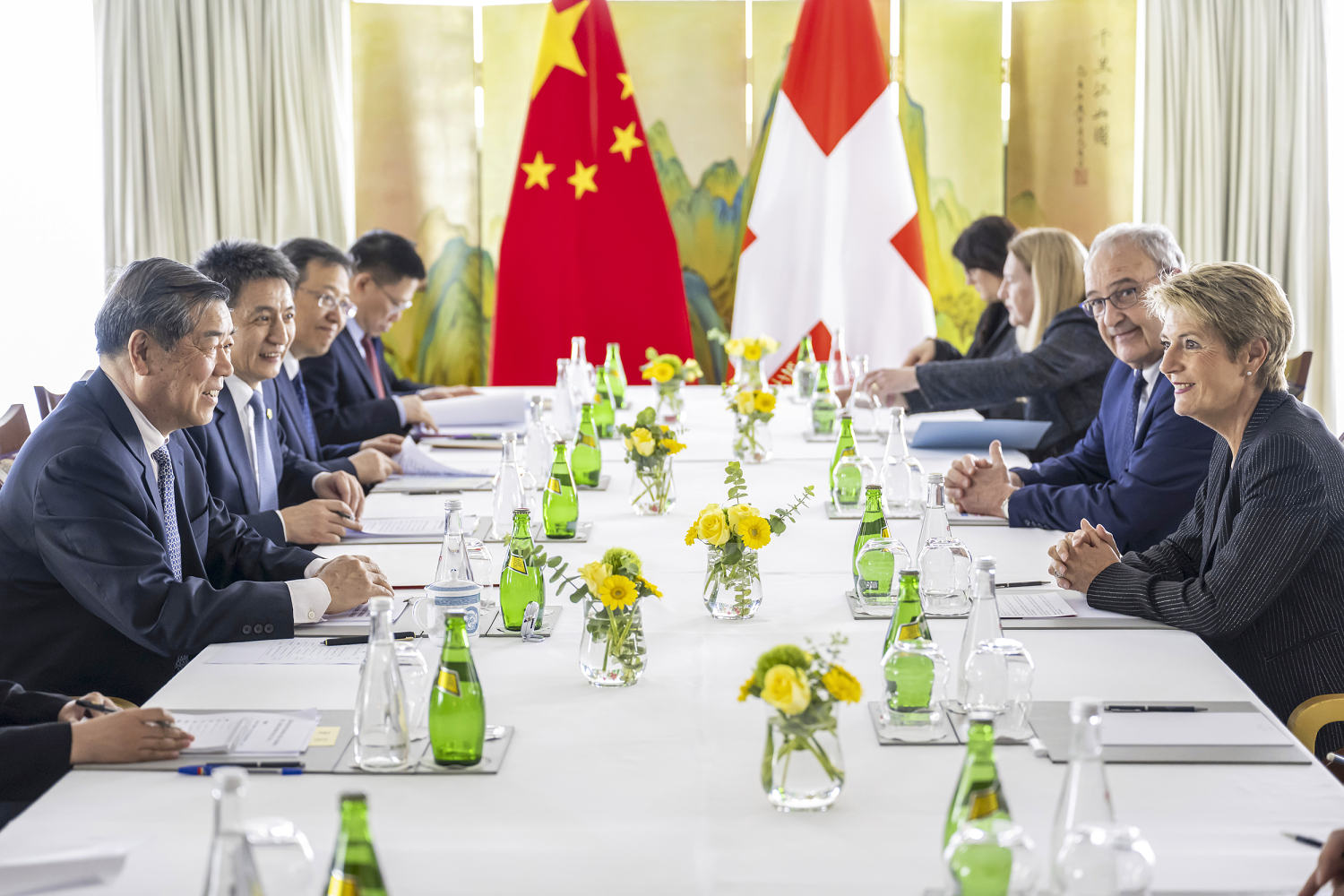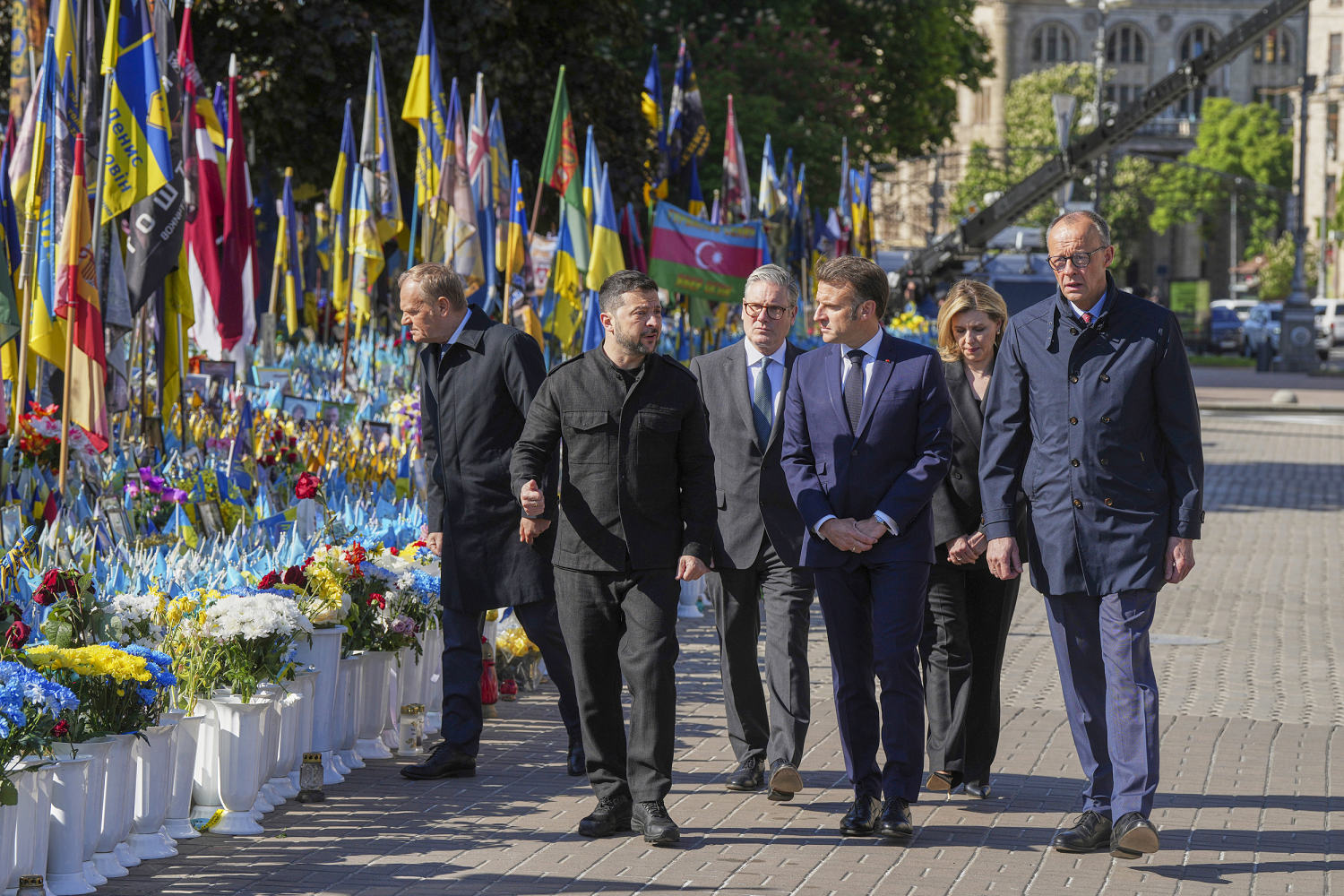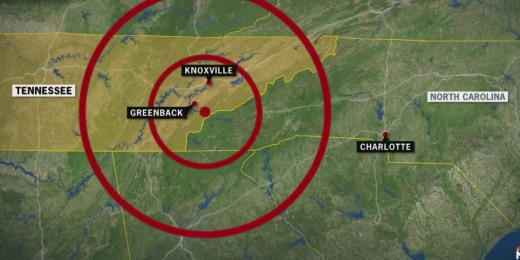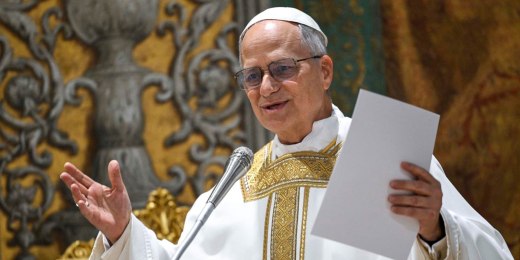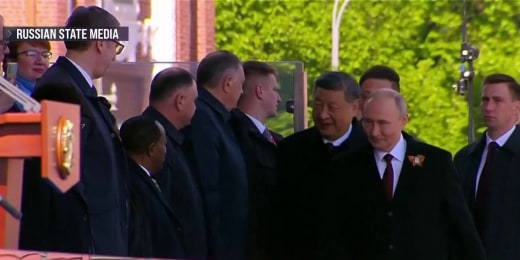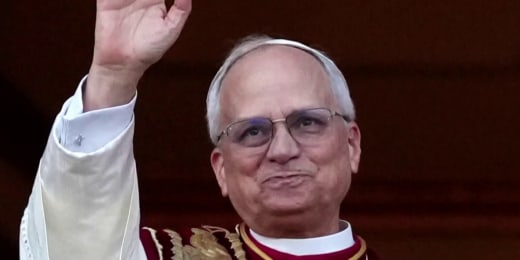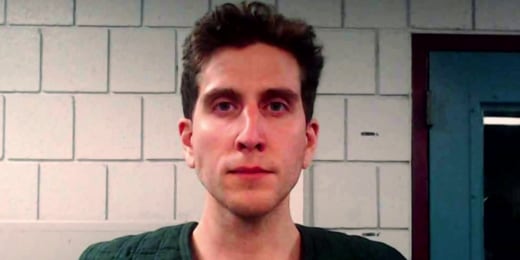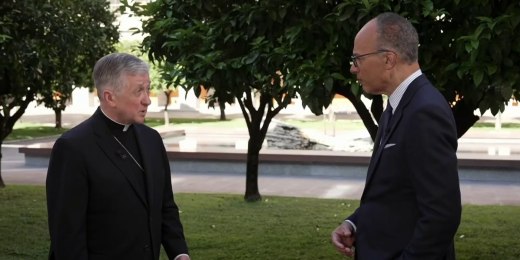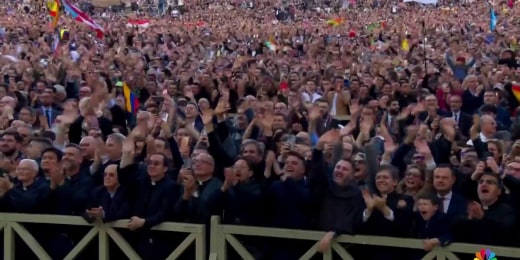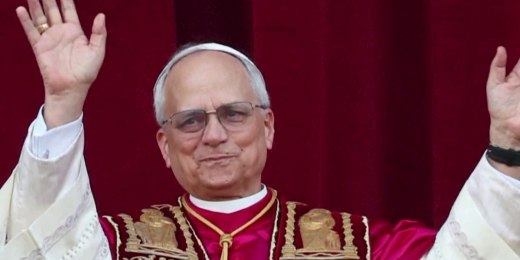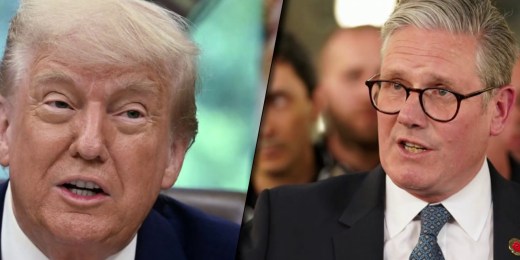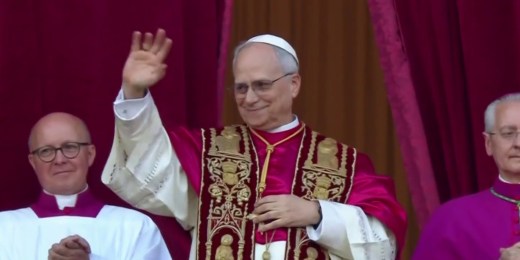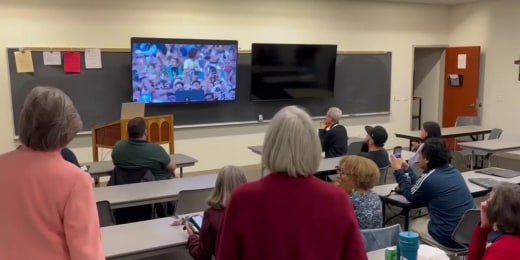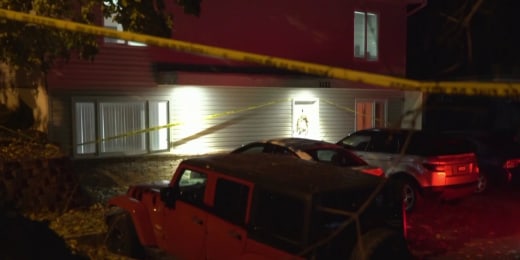“Nobody does drama like the one Holy Catholic and Apostolic Church,” said Cardinal Timothy Dolan, Archbishop of New York, shortly after emerging from the conclave that elected Pope Leo XIV on Thursday.
The quick decision, made some 33 hours after the Sistine Chapel’s doors closed and the cardinals went into sequestration, was a sign that they likely entered the conclave with enough unity around the decision to continue Francis’ legacy that they did not have to spend days tussling over a new direction for the Vatican.
In the weeks ahead of the conclave, Cardinal Joseph Tobin, Archbishop of Newark, said in a joint press conference with five other American cardinals on Friday. “We listened to each other. What does the church need? What does the world need? What are we hoping for? What are we dreaming about?”
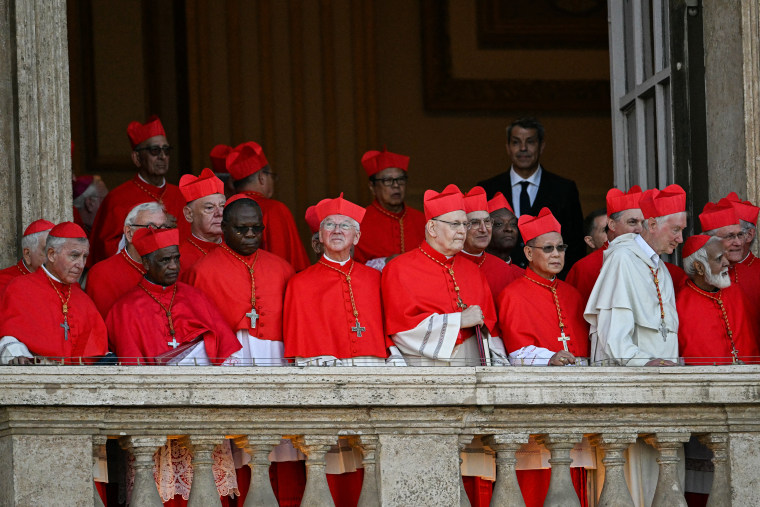
Leo, previously Cardinal Robert Prevost, a U.S. native with Peruvian citizenship and deep ties to Latin America, is described by the Vatican as the “second pope from the Americas,” to Francis’ first. He is known to have been close to the late pontiff, both in their daily dealings at the Vatican, and ideologically.
Like Francis, Leo is known for his concern for the poor and marginalized, and in his first Sunday blessing as pope, quoted Francis and called for ceasefires in Ukraine and Gaza, the subjects of Francis’ final message to the world.
The conclave is shrouded in secrecy, and many of the dealings that lead up to it remain in the shadows, but since the end of the conclave some cardinals have offered glimpses to what happened in the hours that led up to Leo’s election.
Once the Sistine Chapel’s doors close, the cardinals swear an oath of “absolute and perpetual secrecy,” as do all Vatican staff assisting them, including cooks, cleaners and drivers. Mobile phones are confiscated, an ancient reason for a digital detox that at least one cardinal, Vincent Nichols, the Archbishop of Westminster, appreciated for giving him “more time on my hands just to be prayerful, just to reflect, just to be still, rather than being constantly agitated,” he told the BBC.
On the first evening, the cardinals cast their first round votes, but black smoke billowed from the chimney, meaning no pope was chosen.
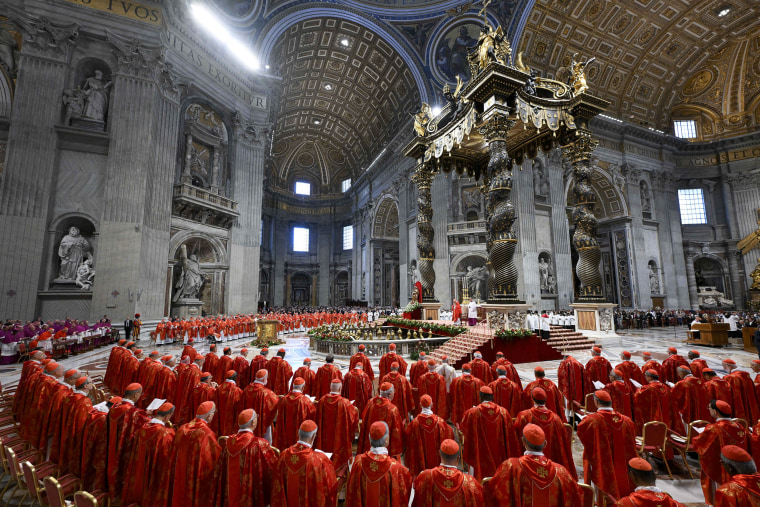
The cardinals adjourned for the night to Casa Santa Marta, the guesthouse were most of them were staying — and eating. Cardinal Wilton Gregory said that “a lot of dialog occurred at mealtime, coffee breaks, those moments when you can engage in smaller groups.”
“The only method is the human method, to get to talk to another, the dialogue, to listen to one another,” Cardinal Robert McElroy, Archbishop of Washington, said, about the conversations that eventually lead to the two-thirds majority required to elect a pope.
The next morning the cardinals returned to the Sistine Chapel and two more ballots were cast, but black smoke emerged once again.
“Voting is like watching a glacier move, but sometimes glaciers under stress move a lot faster,” Tobin said.
Despite wide speculation on pabalili in the wake of Francis’ death, once the conclave began, we don’t know who the other frontrunners were, or why they fell behind. But Dolan told CNN that Prevost’s name had begun to emerge from relative obscurity even before the conclave began. And he continued to confer with his brother cardinals into the conclave.
“It wasn’t that he stood up and made this overwhelmingly convincing speech that just wowed,” said Gregory. “I don’t remember any particular intervention, but I do believe he engaged quite effectively in the smaller group conversations.”
And while conclaves in centuries past could stretch for weeks, Prevost’s election began to take shape on the second day.
Or as Gregory framed it: “There was a great movement on the second day, a great movement within the body that was there and there could be nothing other than the grace of God moving us toward this consensus.”
“What I experience is that everything begins in politics and finishes mystic,” added McElroy.
Tobin recalled the moment after casting his vote. “I walked back and I took a look at Bob, and because his name had been floating around, and he had his head in his hands,” he said. “I was praying for him, because I couldn’t imagine what happens to a human being when you’re facing something like that.”
During a press conference on Saturday, Cardinal Luis Antonio Tagle of the Philippines, himself considered one of the leading candidates for pope, said he was seated next to Prevost.
In the minutes after his election, when the new pope was gasping for air as the weight of his new role descended on him, Tagle said he asked him if he wanted a piece of candy. Prevost accepted and Tagle pulled one from a pocket beneath his cardinal’s robe, “that’s my first act of charity,” he said he told Prevost, jokingly, “for our new Holy Father.”
Soon after, Prevost emerged on the balcony of St. Peter’s Basilica as Pope Leo XIV, proof of an efficient and sucessful conclave.
“This wasn’t our first rodeo,” Dolan said. “We’ve been through this 268 times.”





